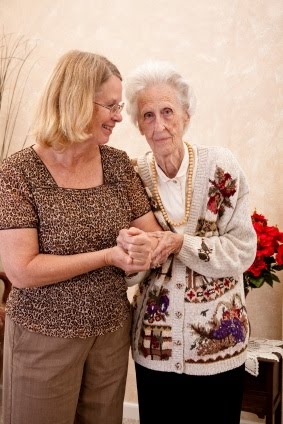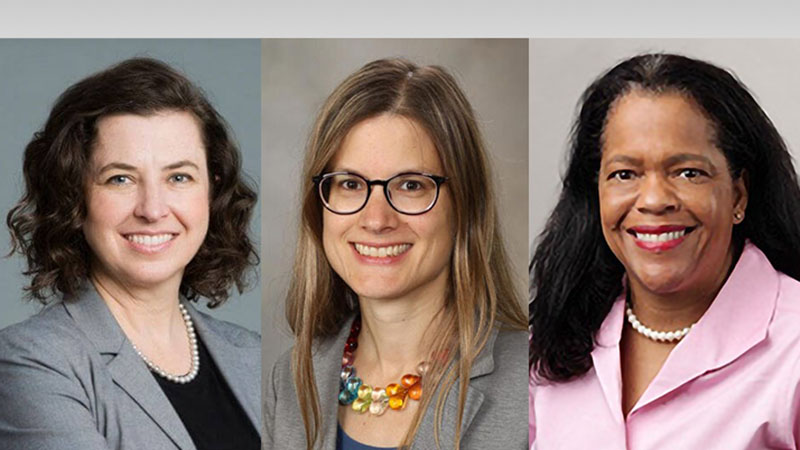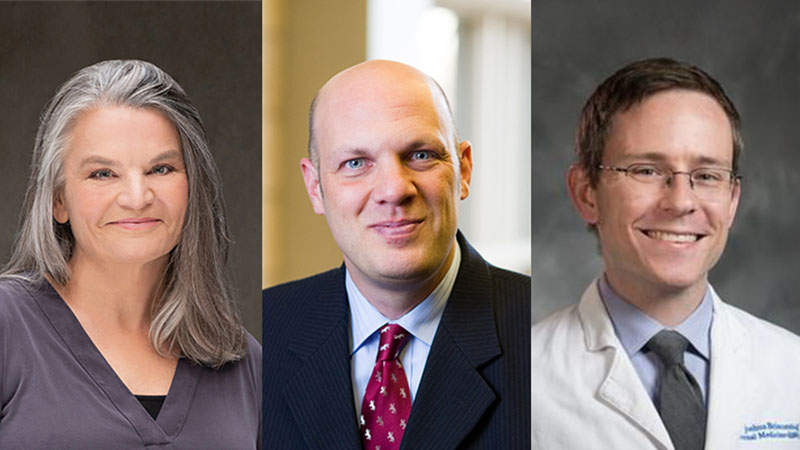

Long term care is a hot topic. When people talk about long term care, they are generally talking about nursing homes. Policy makers put a lot of attention on nursing homes because they cost so much money. About half of nursing home care is paid out of public dollars. In California, in the setting of our state budget fiasco, the high cost of nursing home care to the state has gotten a lot of attention.
But we often forget that there is another long term care “system”: Family caregivers. It is important to recognize that for every person currently in a nursing home, there is at least one more person still living at home who is disabled enough to live in a nursing home. They live at home because of the great efforts provided by their caregivers.Family caregivers are the unsung heroes of the US health system. They often provide care at great personal and economic cost. Many give up their jobs so that they can care for a loved one. But caregiving can be very hard–often harder than any paying job. Caregivers have high rates of depression. Some studies suggest caregivers may often suffer consequences to their own health.
The cost of replacing the labor provided by family caregivers would dwarf spending for formal home health care and nursing home care. If it were not for caregivers, our nursing homes would be overwhelmed. But the importance of caregivers does not match the attention they receive from policy makers and physicians. Medical students and residents receive virtually no training teaching them how to talk to and help caregivers. While I think we do this better in Geriatrics than in other disciplines, we also have a lot to learn. In the major journals that are read by Geriatricians, the focus on caregiving is very limited to non existent. Geriatricians need to join our nursing, social work, and Gerontology colleagues and be on the front lines of trying to learn how to better help caregivers.
Sadly, the casualties of the California budget disaster include programs that are helpful to caregivers. This is unfortunate, because the limited help provided to caregivers pales in relationship to their contribution. I suspect the short term savings will be more then lost in higher levels of nursing home use.
10 years ago, Carol Levine wrote a very eloquent essay in the New England Journal of Medicine titled, “The Loneliness of the Long Term Caregiver”. She concluded her essay noting,
“Family care givers must be supported, because the health care system cannot exist without them…No single intervention will change the system, but small steps taken together can cover a long distance. As I enter my 10th year as a family care giver, it is hard to believe I have come this far. Today is a reasonably good day. But what about tomorrow? And next week? Hello? Is anyone listening?”
Sadly, in the 10 years since Carol wrote these words, it still seems like no one is listening.



